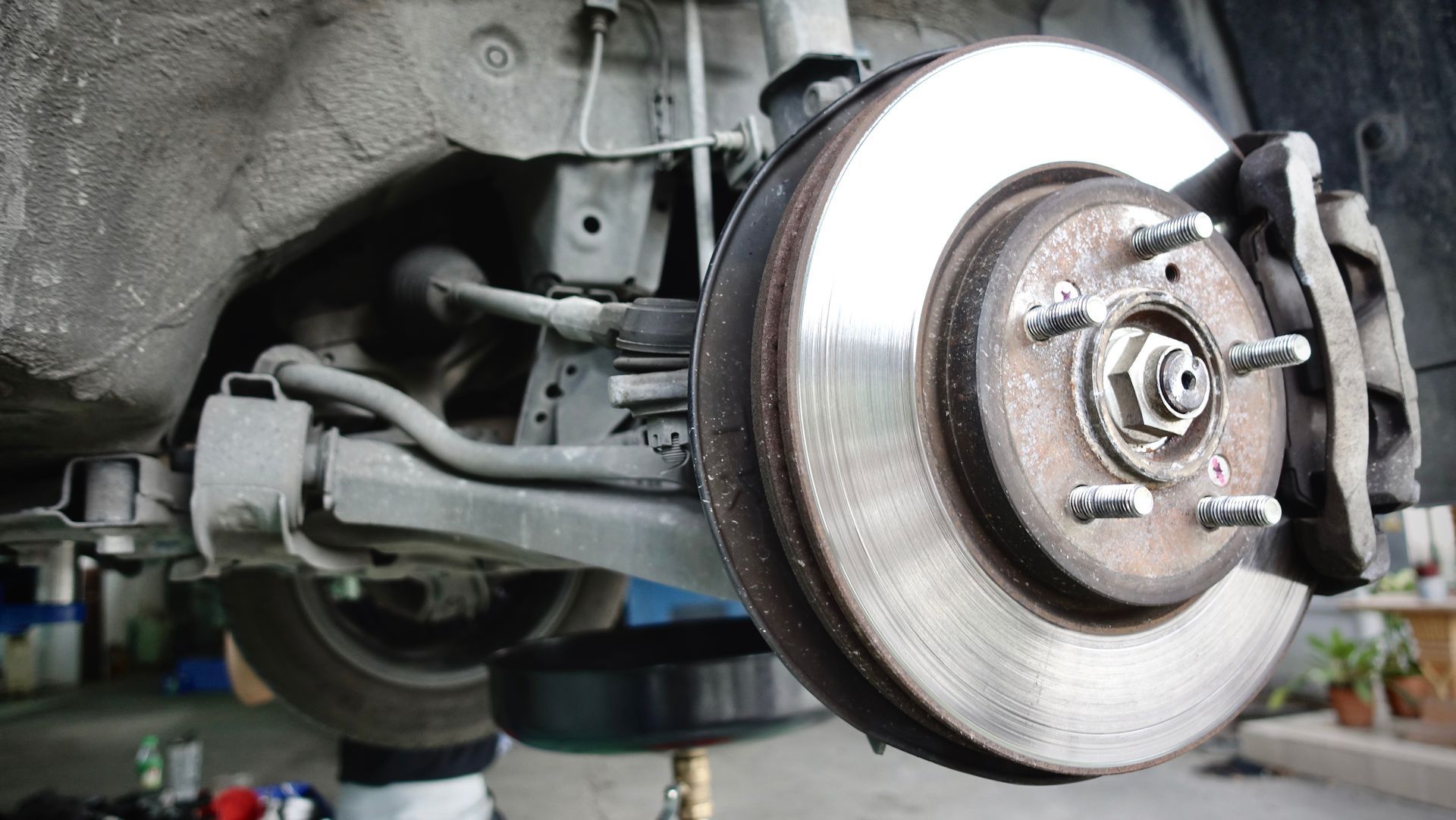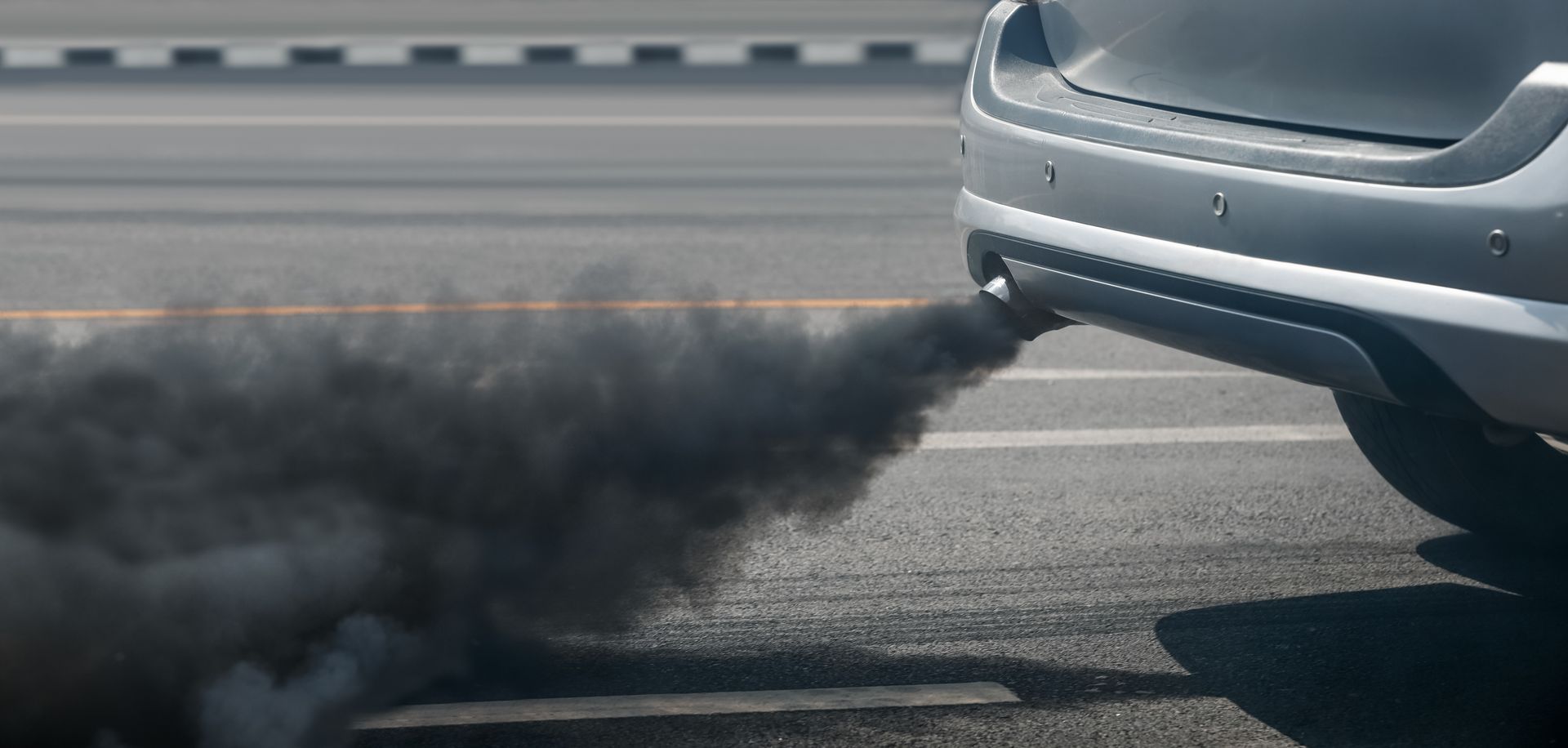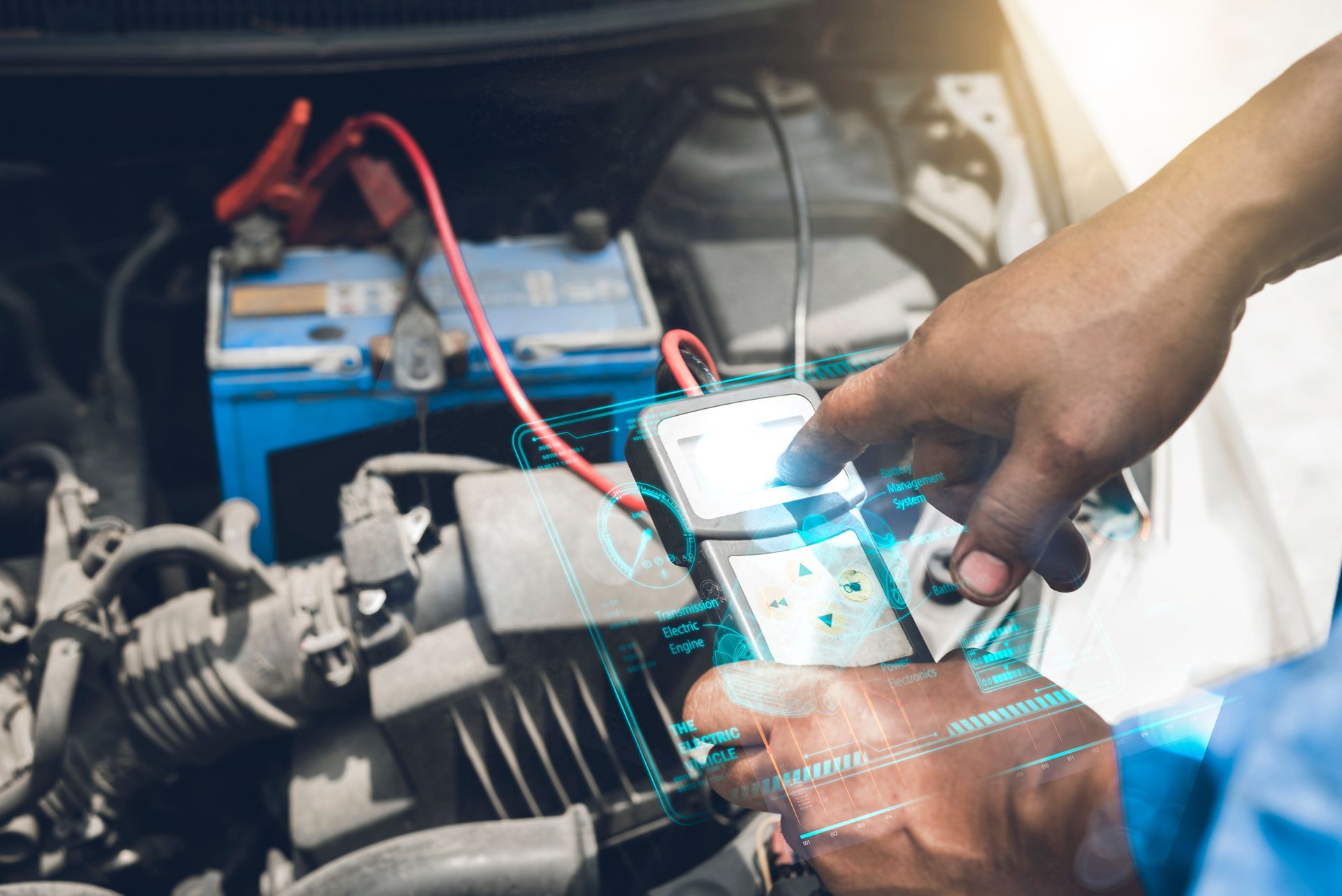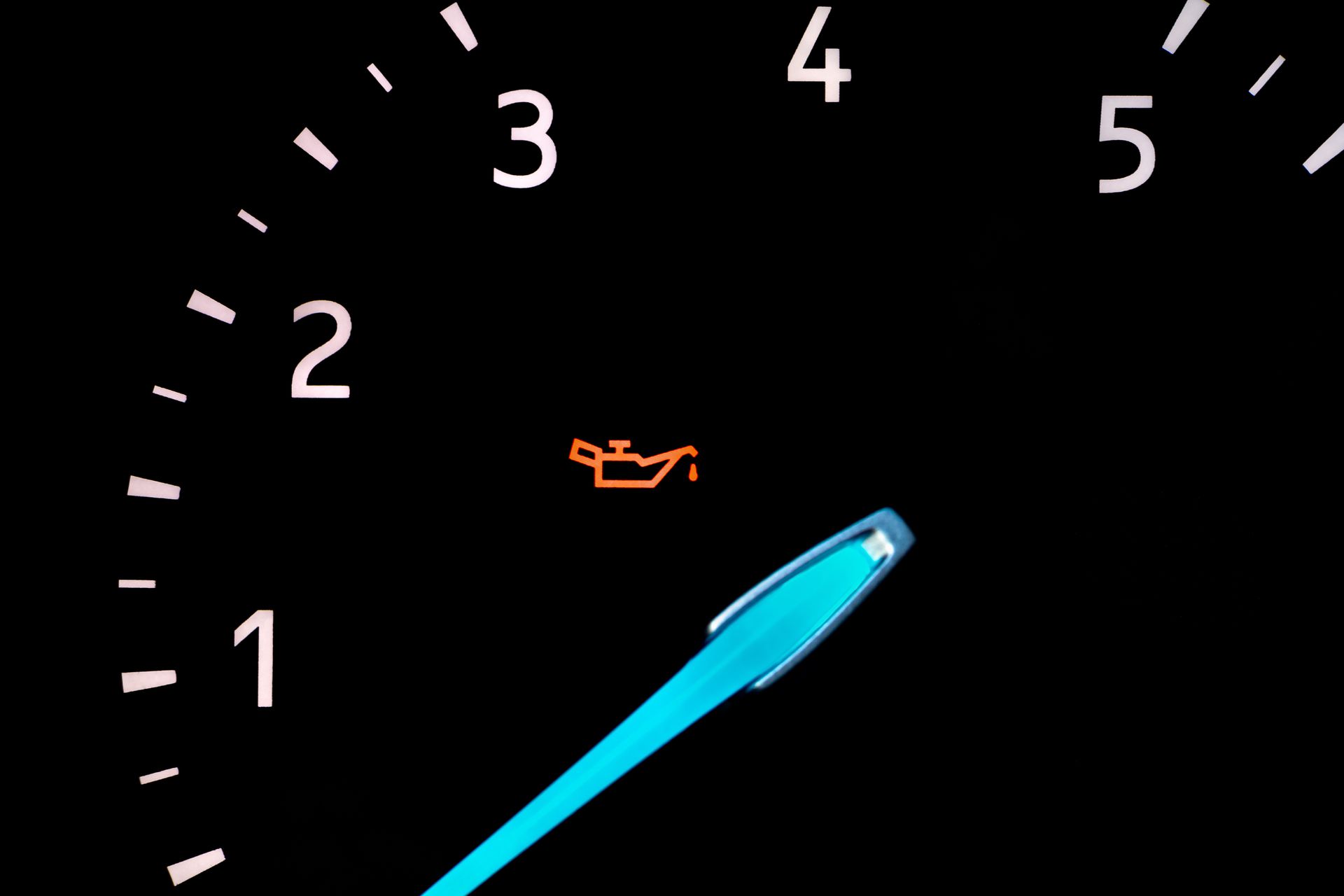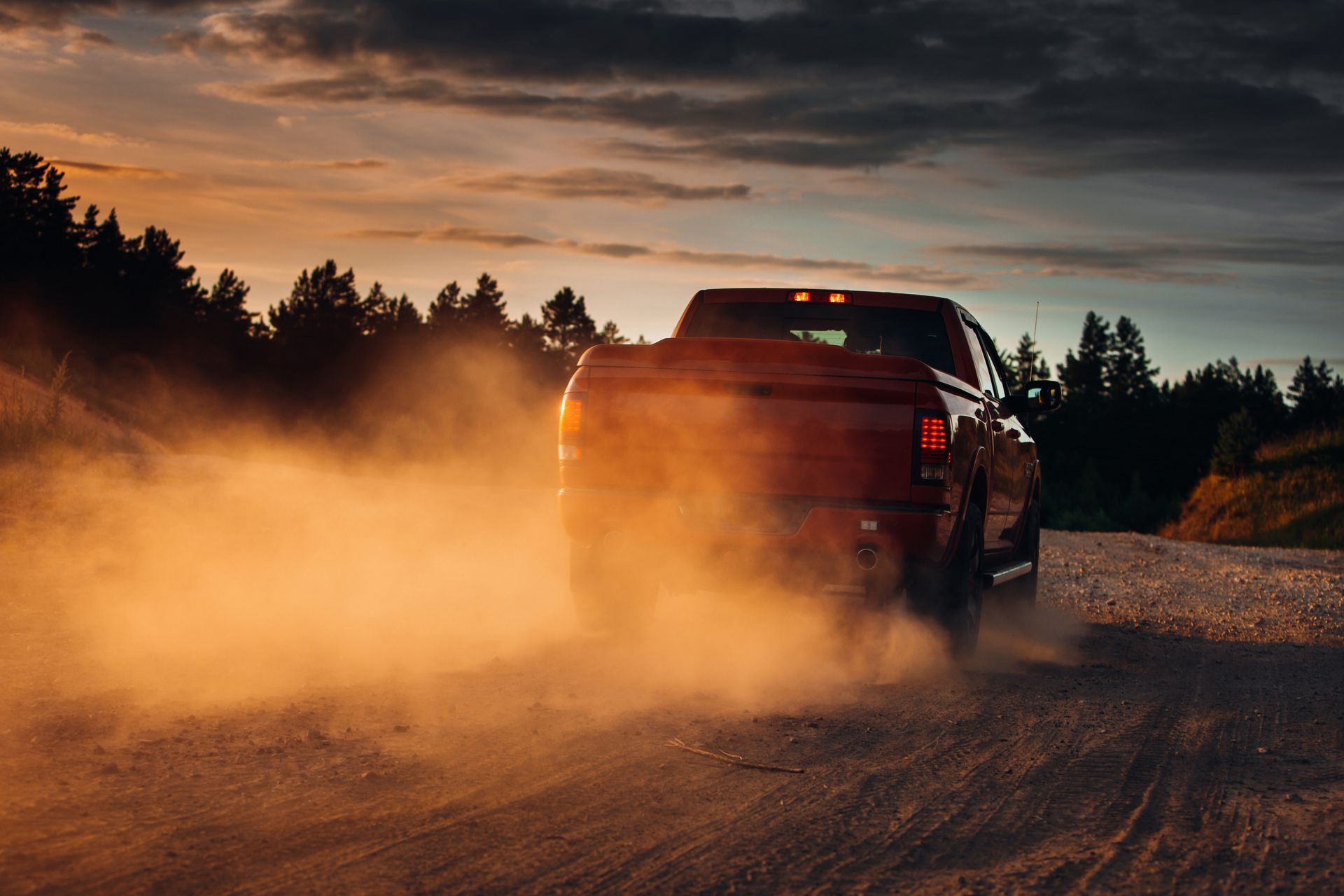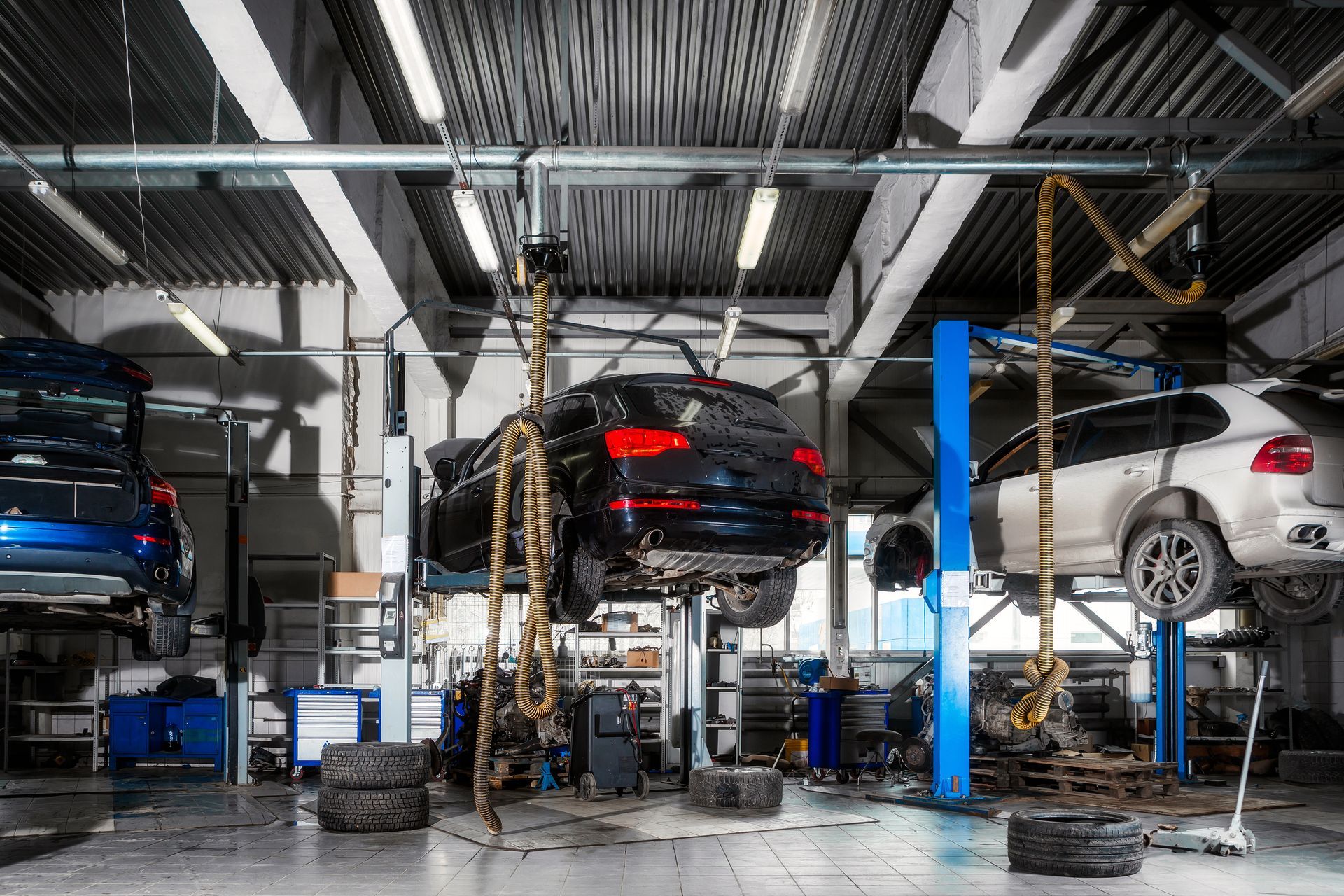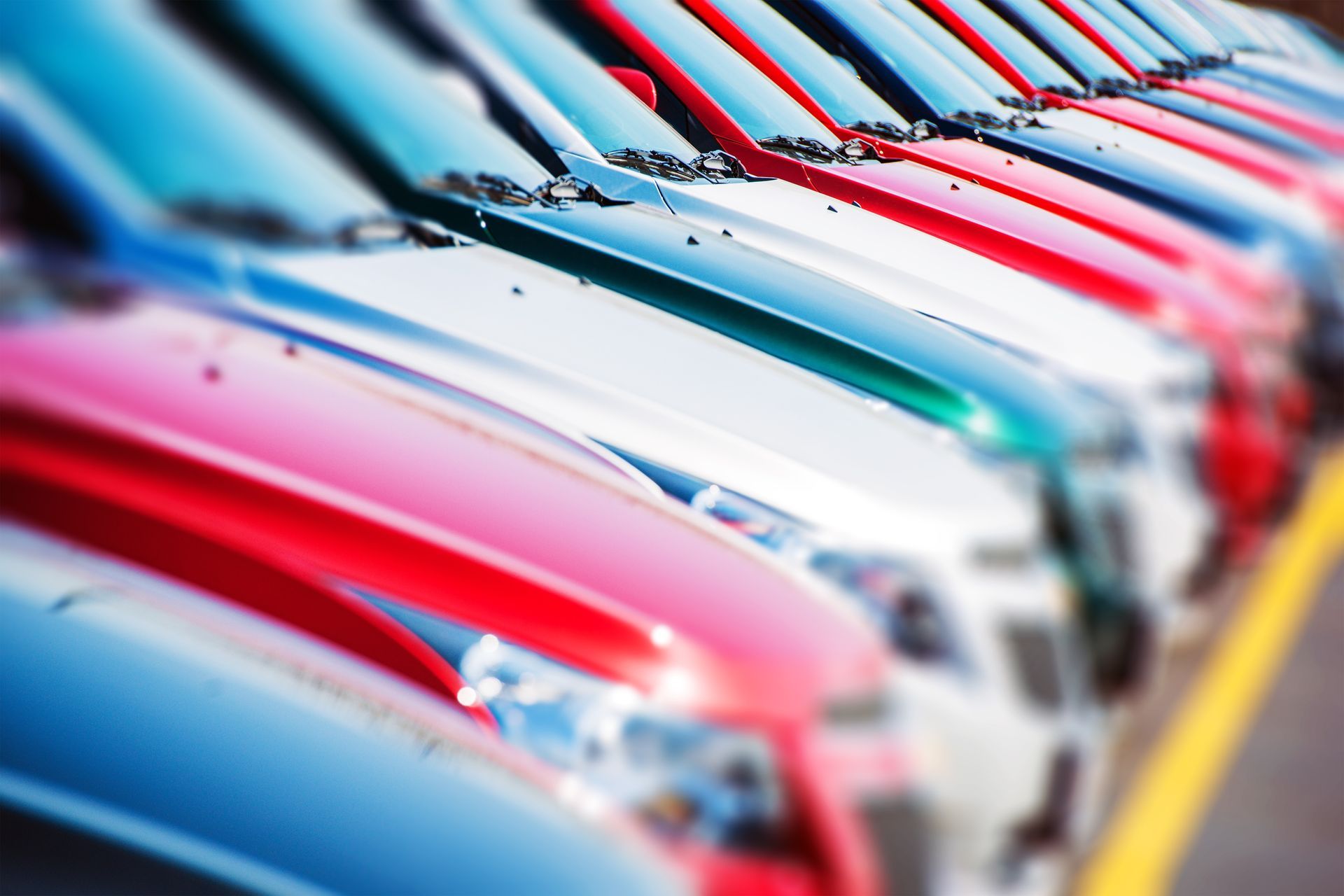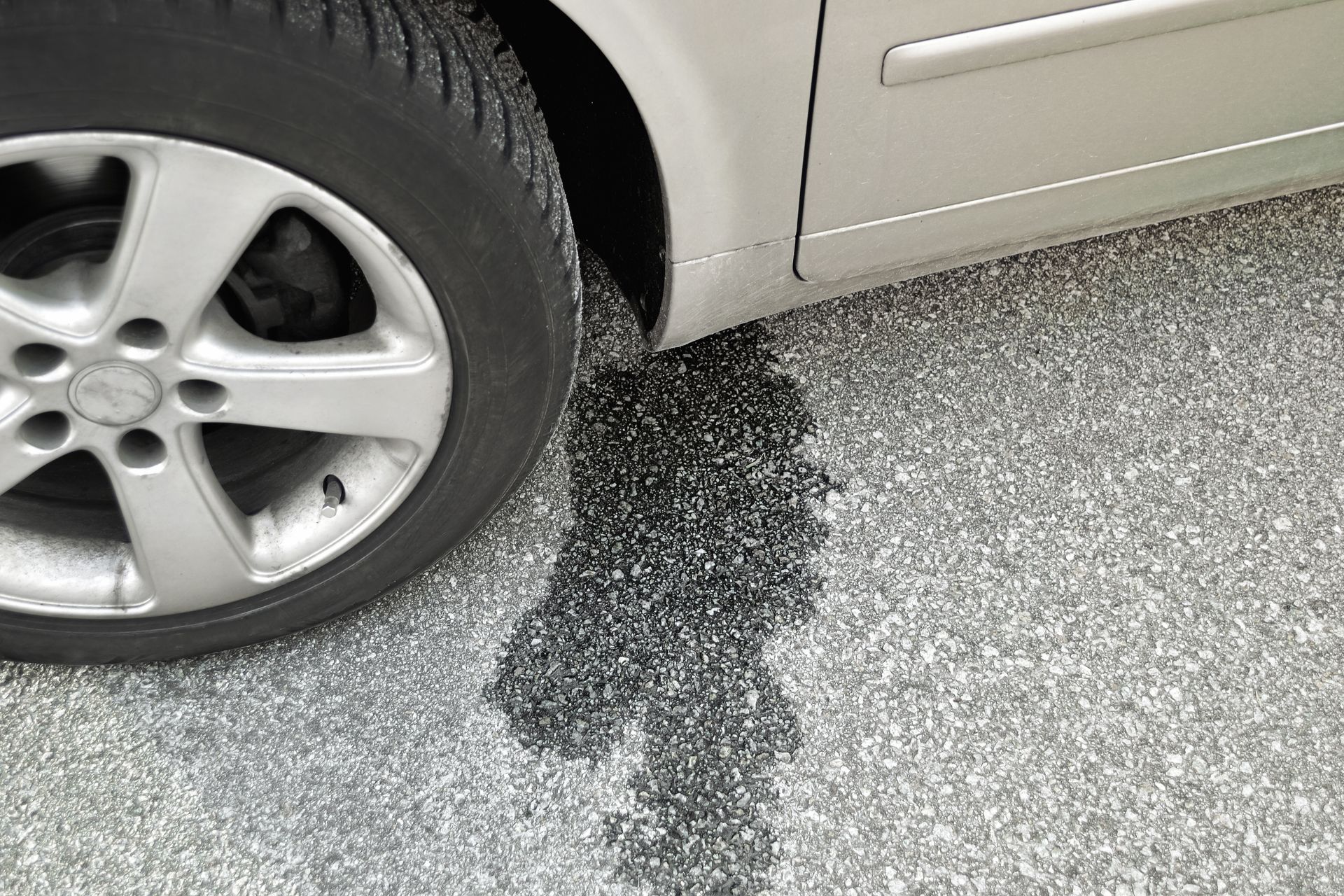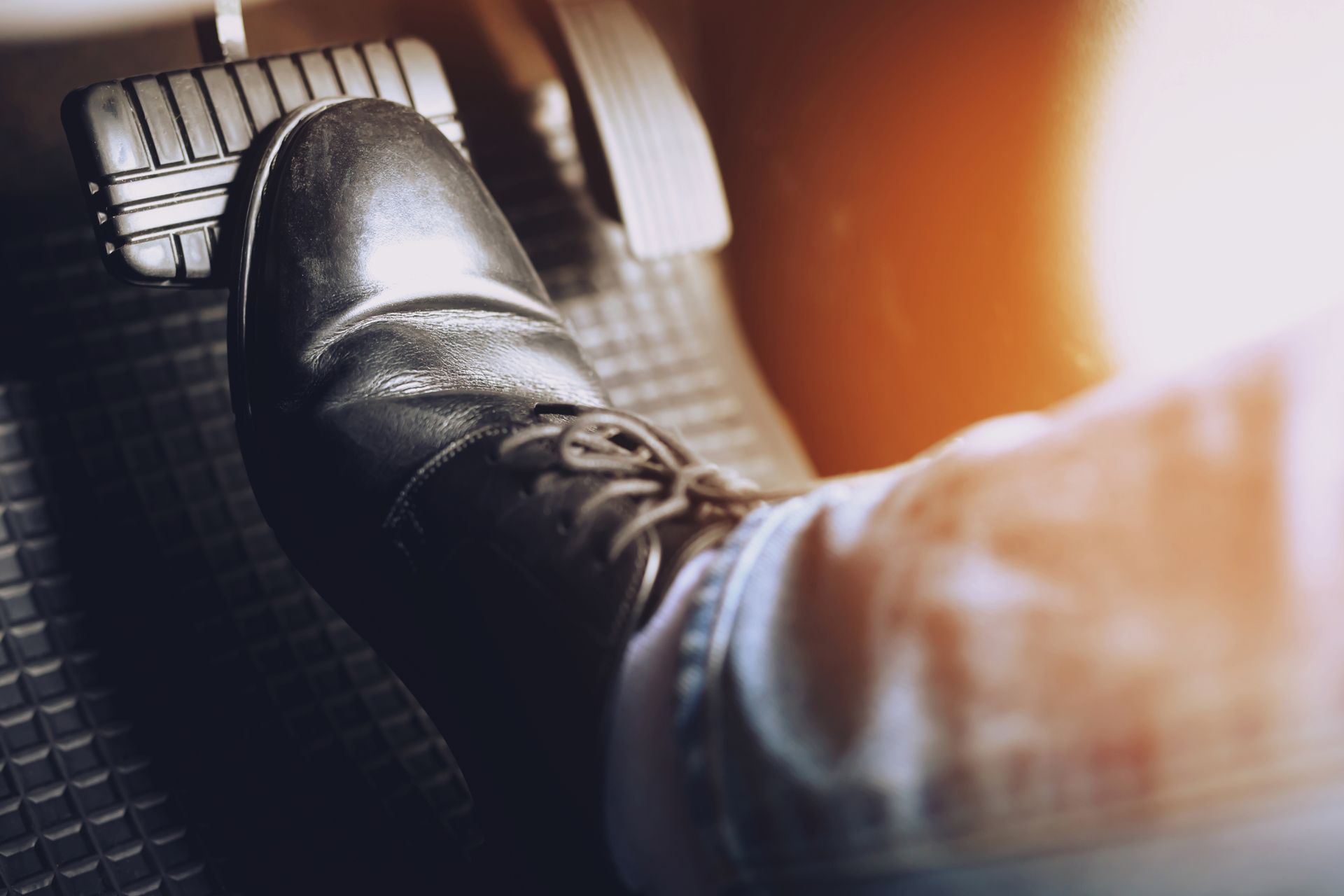When shopping for a vehicle, the appeal of an SUV is undeniable. These versatile rides offer plenty of space, a higher driving position, and the ability to handle various terrains. However, one question often pops up: Are SUVs more expensive to maintain than smaller vehicles?
Size and Complexity
SUVs are bigger, and that size translates to higher costs in some areas. Larger vehicles often require more expensive parts, such as tires, brakes, and suspension components. For instance, an SUV’s tires are not just bigger but also built to handle more weight, meaning they often come with a higher price tag.
Another factor is the complexity of modern SUVs. Many models are equipped with advanced features like all-wheel drive (AWD) or four-wheel drive (4WD) systems. While these enhance performance, especially in tough driving conditions, they also introduce additional components that may require regular servicing or repairs.
Fuel Costs and Efficiency
While maintenance focuses on upkeep, fuel costs play a significant role in your overall spending. SUVs, especially larger ones, are typically less fuel-efficient than smaller cars. If you drive frequently, this difference can add up quickly, making them more expensive to own and operate.
However, with advancements in hybrid and electric SUVs, there are now options that combine the space and versatility of an SUV with improved fuel economy or reduced reliance on traditional fuel altogether.
Tires and Brakes
Let’s talk about two of the most frequently replaced components on any vehicle—tires and brakes.
SUV tires are larger, designed for durability and better traction on various surfaces. This makes them more expensive than the tires used on smaller cars. Depending on the brand and type of tire, replacements for an SUV can easily cost hundreds more than those for a sedan.
Brakes follow a similar pattern. SUVs, being heavier, put more strain on brake systems. Over time, this can lead to increased wear and tear, meaning you might have to replace brake pads or rotors more often compared to a smaller vehicle.
Oil Changes and Fluids
Even oil changes for an SUV can cost more. Larger engines require more oil, and certain SUVs may call for specific types of motor oil that come with a higher price tag. While these aren’t major expenses on their own, they contribute to the overall cost of ownership.
Transmission fluid, coolant, and other necessary fluids might also be needed in larger quantities due to the SUV’s size. Regular fluid checks and replacements are key to keeping your SUV running well.
Advanced Technology and Features
Today’s SUVs are packed with technology, from infotainment systems to advanced safety features like adaptive cruise control and lane-keeping assistance. While these can make your ride more enjoyable and safer, they also introduce additional maintenance considerations.
If something goes wrong with these systems, repairs can be pricey. Unlike traditional mechanical repairs, fixing or replacing electronic components often requires specialized knowledge and tools.
Off-Road Capabilities and Their Impact
If you own an SUV for its off-road capabilities, keep in mind that tackling rugged trails or snowy backroads puts additional stress on your vehicle. Components like shocks, struts, and axles may wear out faster due to the extra demands of off-road driving.
Regular inspections and timely replacements are crucial to prevent bigger issues down the road. Even if you stick to city streets, the added weight and size of an SUV still mean more wear and tear compared to smaller cars.
Insurance Costs
Another factor to consider is insurance. SUVs often cost more to insure than sedans due to their higher value and repair costs. This varies based on the make, model, and safety ratings of the SUV, but it’s worth factoring into your budget.
Is It Worth It
Despite potentially higher maintenance costs, SUVs offer benefits that many drivers find worthwhile. The spacious interiors, elevated driving position, and versatility make them ideal for families, outdoor enthusiasts, or anyone who values practicality and comfort.
Whether an SUV’s maintenance costs are worth it depends on your priorities. If you need a reliable vehicle with plenty of room and the ability to handle various road conditions, the added expenses might be a fair trade-off.
Your SUV deserves the best care. Trust
Kwik Kar Auto Repair - Parker Road for comprehensive maintenance services that keep you on the road without worry. Reach out today to learn more!
